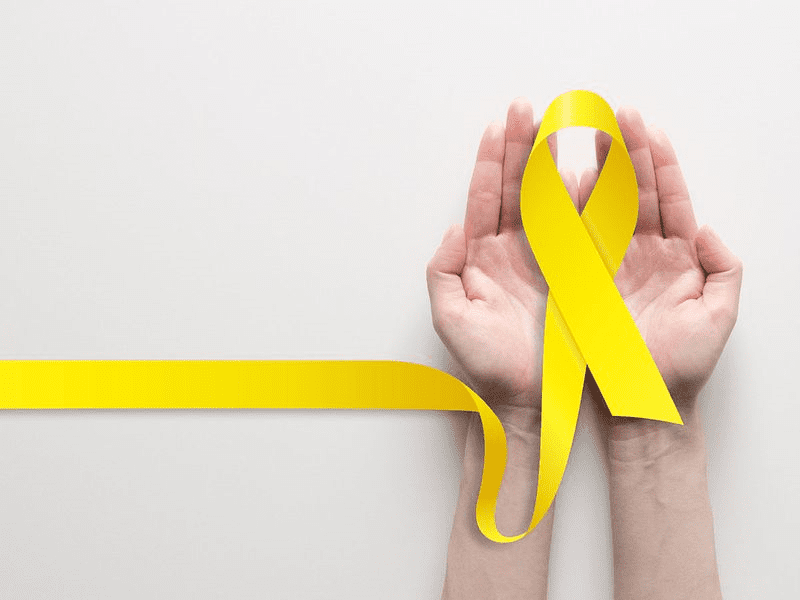September is Suicide Prevention Month. Rates of suicide in the United States have risen and suicide continues to be a leading cause of death worldwide. In 2021 alone, 48,183 lives were lost to suicide (CDC Suicide Data and Statistics, 2023). According to the 2022 National Veteran Suicide Prevention Annual Report (the most recent available), “In 2020, adjusting for population age and sex differences, the suicide rate for Veterans was 57.3% greater than for non-Veteran U.S. adults.”
The Rockhill Group recently received Suicide Awareness training in recognition of Suicide Prevention month and that our employee population is comprised of a large percentage of veterans. Facilitating a sense of belonging and connection, in addition to managing stress were identified as key components of suicide prevention.
To manage anxiety in the moment, use the 5-4-3-2-1 method of recruiting your senses to ground you and keep you present. When you’re feeling anxious name five (5) things you can see in your surrounding environment, four (4) things you can feel, three (3) things you can hear, two (2) things you can smell, and one (1) thing you can taste.
Include breathwork as you follow the 5-4-3-2-1 method, and continue breathwork throughout your day, every day, to move your body and mind away from the sympathetic nervous system (fight-or-flight) to the parasympathetic nervous system (homeostatic side of the autonomic nervous system).
Inhale deeply through your nose to activate your immune system, consciously pushing your breath into your chest, belly, sides, and back; and exhale slightly longer to twice as long through your mouth or nose to activate your relaxation response (parasympathetic nervous system), consciously pushing your belly button against your spine and slowly, deliberately pushing your breath up past your diaphragm, lower chest, upper chest, up your throat, and out your nose or your mouth.
Use pauses throughout your day to remind yourself to do your breathwork: three to five rounds of conscious breathwork prior to or after a meeting, when you’re stopped at a red light, waiting in a doctor’s office, on commercial breaks when watching TV, when you get into bed at night, before you get out of bed in the morning.
The more you practice, the more natural this deep breathing will become for you and the less you will be mentally and physically affected by stress factors that cross your path. And, of course, make those connections – call a friend, grab a cup of coffee with a co-worker – and laugh.
Remind yourself and the people in your life that we are all in this together, and together we can do anything and get through anything.


